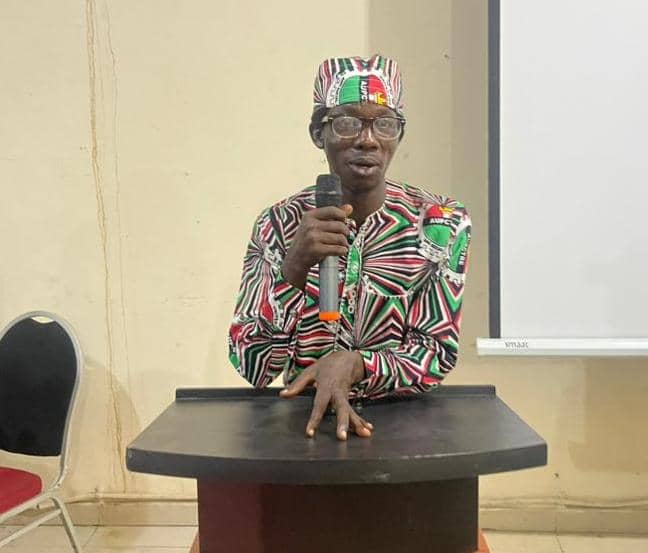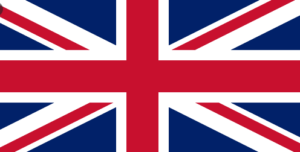Danger looms as irregular pricing regime mars Nigeria’s offshore operations
[ad_1]
Tola Adenubi | Lagos
OFFSHORE operators operating in Nigeria’s shipping sector have raised the alarm over a lack of regulated pricing regime between the International Oil Companies (IOCs’) and indigenous vessel owners; a situation that they say is affecting effective implementation of safety procedure onboard vessels owned by indigenous operators.
Speaking with the Nigerian Tribune exclusively, President of the Maritime Security Providers Association of Nigeria (MASPAN), Emmanuel Maiguwa explained that some indigenous operators, in a bid to get jobs from foreign partners, lower charges below industry rate without considering implication on safety standards of their ships.
According to the MASPAN President, “We currently have foreign partners who do business in Nigeria with a simple strategy of trying to win business by driving the cost down. This kind of practice does not go well with the shipping industry because cost alone should not be a determining factor in securing businesses.
“If anybody wants to win any business, it should be based on the quality value proposition. Quality of service that will be provided should be considered against the cost.
“However, a situation where the consideration is only based against the cost. Then what happens to the industry is that vessel owners start cutting corners to secure jobs.
“Owners of vessels have financial obligations to fulfill. If they begin to accept this price in an environment where enforcement of regulation is really not top notch like you find in Europe, the effect is poor safety management of vessels.
“The Offshore Vessel Information Data (OVID) report indicated a lot of non-compliances by most of our members to safety management of their vessels. When we reached out to these members through a survey to find out why are they not compliant to safety, the simple answer that we got is that if the vessels are not engaged with an IOC Contract, the rate in the Spot Market is just not sufficient for vessel owners to do the basics like paying crew wages after taking out bunker expenses.
“When we went back to do an analysis of the cost that we charge IOC’s for our services from about two or three years ago, we realized that the cost has dropped down with about $4000 Dollars, while the operating expenses has increased within that same period.
“A situation where cost has dropped with about $4000 Dollars while operating expenses has increased with about 40 percent, the danger is that we have a lot of vessels that are moving at sea right now that are probably not safe.
“We have raised the issue with the Maritime Administration, which is the Nigerian Maritime Administration and Safety Agency (NIMASA) and we are still going to raise it with the Nigerian Navy formally because we have raised it informally with the Chief of Naval Staff.
“The risk there is that when you have armed men onboard vessels, then the safety standard of that vessel must be top notch or else, you are endangering the lives of everybody on such vessel.”
[ad_2]













Post Comment